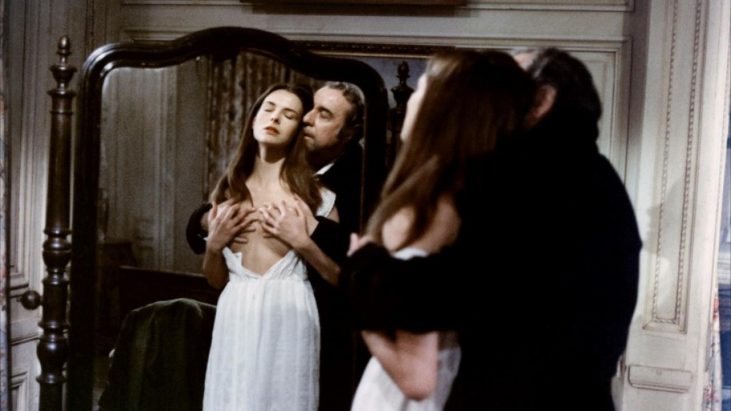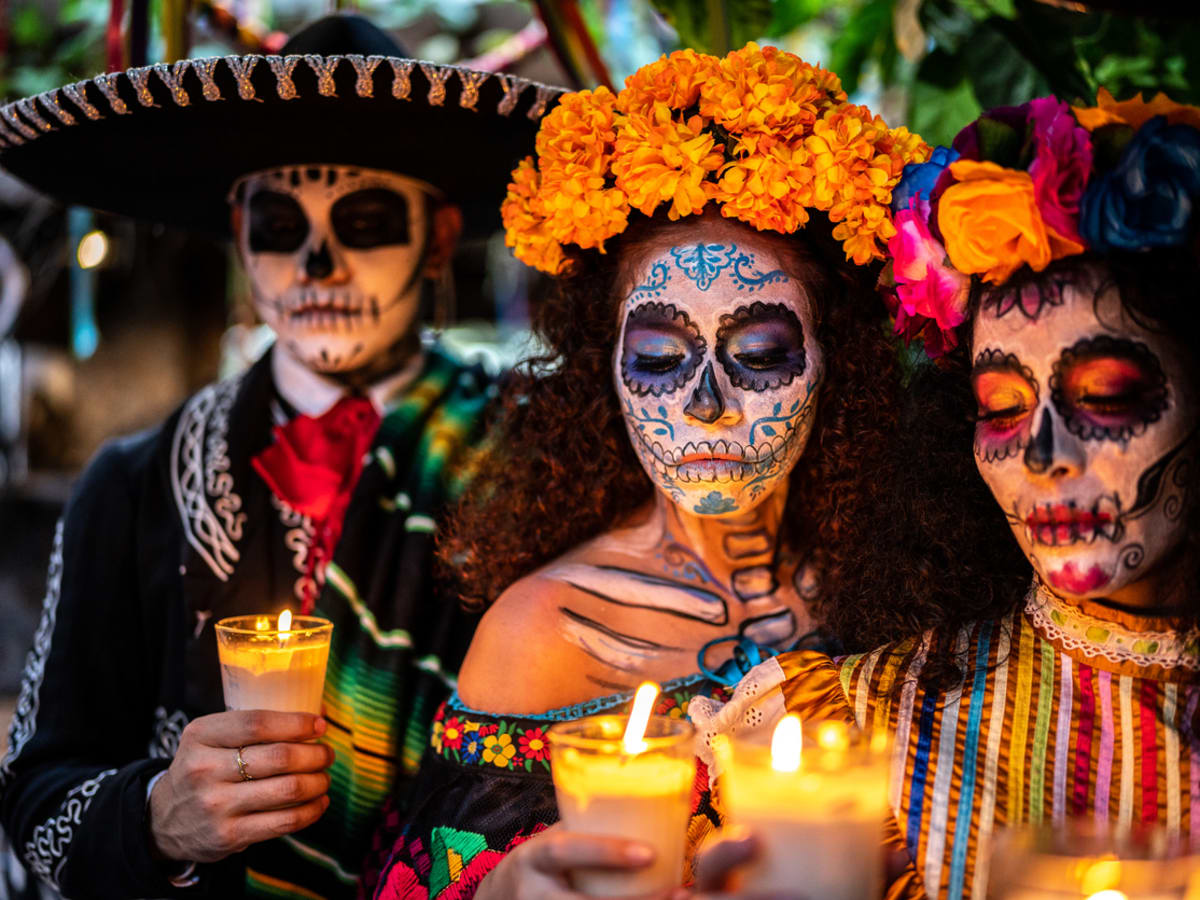“All that we see or seem
Is but a dream within a dream.”
Edgar Allen Poe
I. Dreams
After I came back from South America, thanks to heavy alcohol consumption, I was able to recover from jet lag. However, I remembered my dreams clearly, particularly the last ones. Perhaps it was difficult to wake up because of the power of these dreams. Because my body knew that I had enough sleep and it tried to wake my mind up; whereas the mind, as a captive of dreams, desired to avoid reality.
Descartes mentions that it is impossible to acknowledge whether the state of awareness is a dream or the dream itself is a reality. This reminds me of Ferhan Sensoy’s masterpiece, Varsayalım Ismail[*], which was featured on TRT (Turkish State Television) in the 1980s. In this first surrealist TV series events are staged around the protagonist called Ismail, who constantly confuses the states of sleeping and dreaming. Ismail sometimes has a dream within a dream and he often confuses reality and dreams. Ismail’s most frequent quote was “Are we in a dream?”
The river Amazon’s natives, struggling to survive for long against the destructiveness of modernity, believe the guidance of dreams. For example, if one sees a snake in a dream, males of the tribe avoid going into the jungle. The Shamans, who are struggling to survive and free from tourist visits, remain indebted to their dreams that are reminiscent of the past. A prominent feature of shamans is their ability to control their dreams. It is believed that shamans change forms with the help of dreams.
II. Memories
For some time, it was something of a trend not to remember names and faces of people. Those people of an absurd illusion think that they are cooler (I do not care anyone but you have to recognize me). When I was young, I was into that for a short while but then immediately I pulled myself together. Because I recalled that remembering is one of the things that builds my identity.
Why remembering is important? What is more scary, to forget or to be forgotten?
Luis Buñuel, in his first and last book, mentioned about a completely fake memory. It is about his friend’s wedding. He remembers all details precisely but he claims this memory cannot be real. Because for his atheist friends, it was impossible to get married in a Catholic church with a religious ceremony.

That Obscure Object of Desire
In this sense, I observe that our memories get obscure, perhaps deformed, often forgotten and sometimes people adapt memories of others. People may desire to have interesting and nice memories, as they get older. If they have none, they begin to borrow fragments from memories of others. In time, they think these memories are their own. I first observed this situation among my friends, who tell my own memories to me as if they experienced them. If I did not trust my memory, I would even believe that they were not mine.
If we cannot trust our memory, how can we understand that our memories belong to us, or is it really necessary?

Dia de los Muertos
And remembering friends you lost. In the Oaxaca region, Mexico, “the Day of the Dead” is celebrated annually in between late October and early November. People there consider that a dead person is really dead when he or she is forgotten. This is a bit beyond that what we call “keeping alive in memories”. On that night kith and kin get dressed up and visit their friends’ tombs. They play cards, hit the bottle, smoke and chat near gravesides. This culture can be partially observed among Aegean and Mediterranean nomads, Tahtacı people. They drink wine or rakı with friends at graveyards and pour drinks to the soil to encourage the dead to join their feast.
***
Do memories get stale? Do they have a date of expiry?
Memories, like anecdotes, might get older and lose their influence as they are told. Therefore in telling memories, extensions and additions to a story for improvement or to make it more entertaining might prolong its lifetime.
III. Drea/M/emory
On the morning of a crowded meeting of our friends, I guess we were eight or ten, I said dreams of people that sleep at the same place might be affected from each other. For instance, if someone sleeping next to you has a nightmare, your dream might turn into a nightmare as well. It is also possible to share similar places in your dreams. In fact, this can be defined as a semi-conscious type of lucid dream as people gather to sleep. Consequently I ask everyone about dreams. Some really found themselves in similar place or they saw each other. One of them even (Metin), enjoyed adventures with me in his dream.
After everyone talked about their dreams, Metin got curious and asked what I saw in my dream.
My answer was short:
“Well, I was in your dream.”
—————————————————-
REFERENCES
Books: The Forgotten Language, Erich Fromm
Women, Dreams, Dragons, Ursula K. Le Guin
My Last Breath, Luis Buñuel
La Boutiqe Obscure, George Perec
Movies: The Discreet Charm of the Bourgeoisie, Luis Buñuel 1972
That Obscure Object of Desire, Luis Buñuel 1977